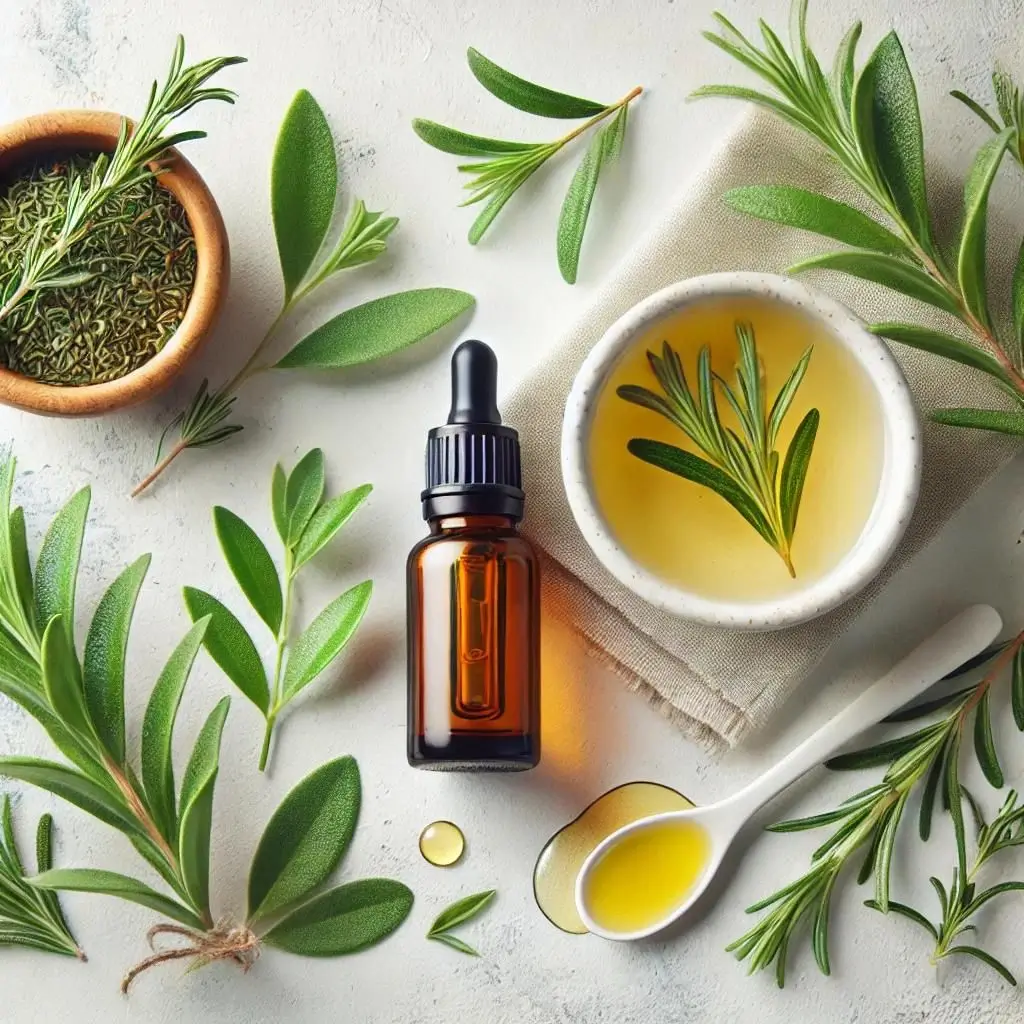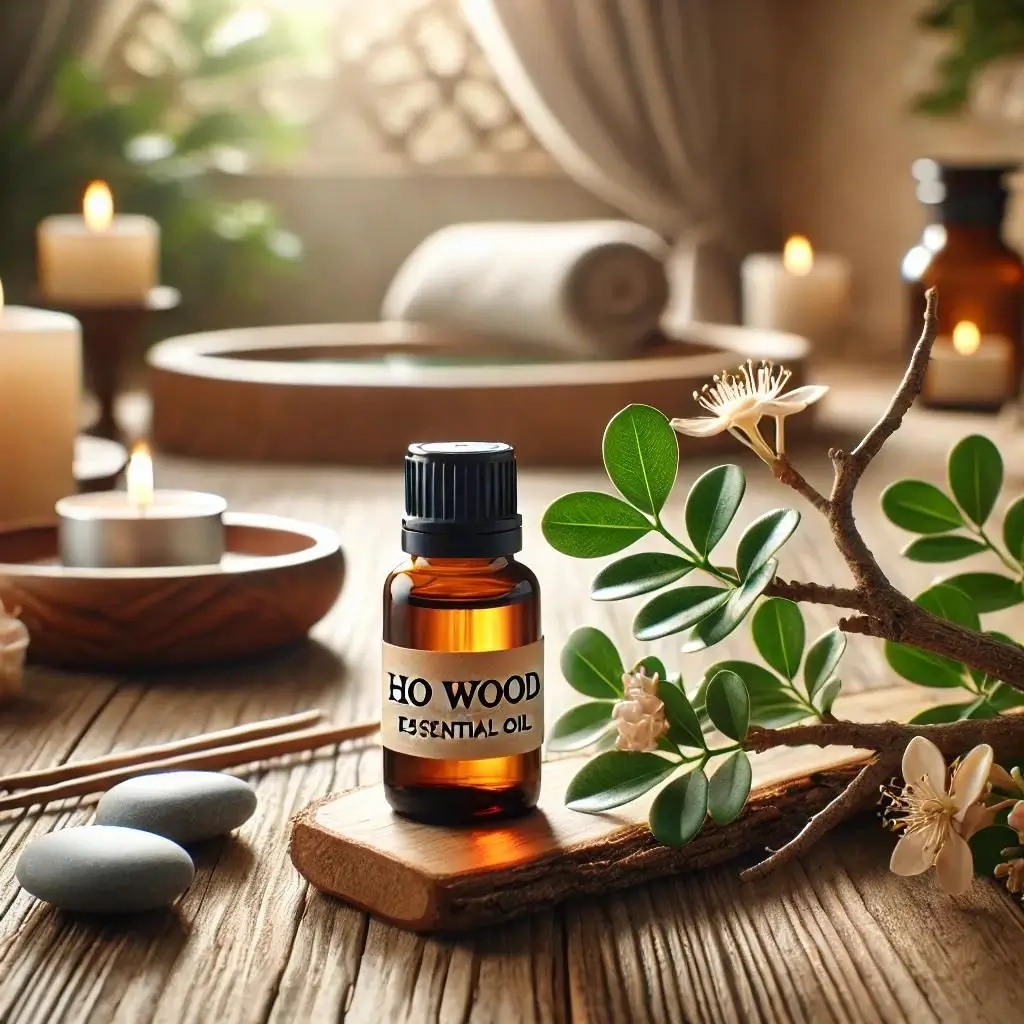Tea tree essential oil, derived from the leaves of the Melaleuca alternifolia plant, is renowned for its potent therapeutic properties. Widely used in aromatherapy, skin care, and household cleaning, this versatile oil offers numerous benefits. Its antifungal, antibacterial, and anti-inflammatory characteristics make it a staple in many natural health regimens. This guide explores the top benefits of tea tree essential oil, providing detailed answers to the most common questions about its uses and advantages.
What are the primary benefits of tea tree essential oil?
Tea tree essential oil is known for its wide range of benefits, including:
- Antimicrobial Properties: It combats bacteria, viruses, and fungi effectively.
- Skin Care: Helps in treating acne, psoriasis, and eczema.
- Hair Health: Reduces dandruff and promotes healthy scalp.
- Oral Health: Fights bad breath and soothes inflamed gums.
- Respiratory Relief: Eases symptoms of colds and congestion.
- Wound Healing: Speeds up the healing process of cuts and abrasions.
- Household Cleaner: Acts as a natural disinfectant.
- Insect Repellent: Repels insects and soothes insect bites.
- Anti-inflammatory: Reduces inflammation and soothes irritated skin.
- Deodorizing: Eliminates body odor naturally.
These benefits make tea tree essential oil a must-have for anyone interested in natural remedies and holistic health.
How does tea tree essential oil help with skin conditions?
Tea tree essential oil is highly effective in treating various skin conditions due to its antimicrobial and anti-inflammatory properties. Here’s a breakdown of its benefits:
| Skin Condition | Benefit | Application Method |
|---|---|---|
| Acne | Reduces inflammation and bacteria | Apply diluted with a carrier oil |
| Psoriasis | Soothes itchiness and reduces scales | Mix with moisturizer |
| Eczema | Alleviates itching and redness | Add a few drops to bath water |
| Cuts and Abrasions | Prevents infection and promotes healing | Apply directly to the wound |
For optimal results, always dilute tea tree essential oil with a carrier oil like coconut or jojoba oil before applying it to the skin.
Can tea tree essential oil be used for hair care?
Tea tree essential oil is a popular ingredient in hair care due to its ability to improve scalp health and promote hair growth. Here are the primary ways it benefits hair:
- Dandruff Control: Tea tree oil’s antifungal properties help reduce dandruff by eliminating the fungus that causes it. Add a few drops to your shampoo.
- Hair Growth: Stimulates hair follicles, encouraging hair growth. Use it in a scalp massage oil blend.
- Scalp Health: Reduces itchiness and dryness. Mix with a carrier oil and apply to the scalp.
How to Use Tea Tree Oil for Hair
- Shampoo: Add 5-10 drops to your regular shampoo.
- Scalp Treatment: Combine 2-3 drops with a carrier oil and massage into the scalp. Leave for 10 minutes before washing out.
- Hair Mask: Mix a few drops with coconut oil and apply to hair. Leave for 20-30 minutes before rinsing.
Using tea tree essential oil regularly can lead to healthier, shinier hair and a dandruff-free scalp.

How effective is tea tree essential oil for treating acne?
Tea tree essential oil is highly effective in treating acne due to its antibacterial properties. It helps reduce acne-causing bacteria and inflammation, making it a popular natural remedy for clearer skin.
Benefits for Acne Treatment
- Reduces Bacteria: Eliminates Propionibacterium acnes, a bacteria that contributes to acne.
- Decreases Inflammation: Calms redness and swelling associated with pimples.
- Prevents Future Breakouts: Regular use can keep skin clear and prevent new pimples from forming.
Application Methods
- Spot Treatment: Mix 1-2 drops with a carrier oil and apply directly to pimples using a cotton swab.
- Face Wash: Add a few drops to your regular cleanser.
- Face Mask: Combine with honey or yogurt and apply as a mask. Leave for 10-15 minutes before rinsing off.
By incorporating tea tree essential oil into your skincare routine, you can effectively manage and reduce acne breakouts.
What are the antimicrobial properties of tea tree essential oil?
Tea tree essential oil possesses strong antimicrobial properties, making it effective against a wide range of pathogens, including bacteria, fungi, and viruses.
Key Antimicrobial Benefits
- Bacteria: Effective against E. coli, Staphylococcus aureus, and other bacteria.
- Fungi: Fights against fungal infections like athlete’s foot and nail fungus.
- Viruses: Potential to reduce viral infections such as the flu.
Usage Tips
- Disinfectant: Use in homemade cleaning solutions to disinfect surfaces.
- Skin Infections: Apply diluted oil to cuts and scrapes to prevent infection.
- Foot Care: Add to foot baths to treat athlete’s foot.
The versatility of tea tree oil’s antimicrobial properties makes it a valuable addition to natural health and cleaning routines.
How can tea tree essential oil be used for oral health?
Tea tree essential oil is beneficial for oral health due to its antibacterial and anti-inflammatory properties. It helps maintain a healthy mouth by reducing bacteria and inflammation.
Oral Health Benefits
- Reduces Plaque: Helps reduce plaque buildup and prevent gum disease.
- Freshens Breath: Eliminates bacteria that cause bad breath.
- Soothes Gums: Reduces inflammation and soothes sore gums.
Application Methods
- Mouthwash: Add 2-3 drops to a cup of water and use as a mouth rinse. Do not swallow.
- Toothpaste Additive: Add a drop to your toothpaste before brushing.
- Gum Treatment: Mix with coconut oil and apply to gums using a cotton swab.
Incorporating tea tree essential oil into your oral hygiene routine can lead to a healthier mouth and fresher breath.
What are the respiratory benefits of tea tree essential oil?
Tea tree essential oil offers significant respiratory benefits, particularly in relieving symptoms of colds and congestion.
Respiratory Benefits
- Decongestant: Helps clear nasal passages.
- Cough Relief: Eases coughs by soothing the throat.
- Antiviral: Helps combat viruses that cause respiratory infections.
Usage Tips
- Steam Inhalation: Add a few drops to a bowl of hot water, cover your head with a towel, and inhale the steam.
- Diffuser: Use in a diffuser to purify the air and alleviate congestion.
- Chest Rub: Mix with a carrier oil and apply to the chest to ease breathing.
Regular use of tea tree essential oil can support respiratory health, especially during the cold and flu season.
Can tea tree essential oil be used for household cleaning?
Tea tree essential oil is an excellent natural cleaner due to its antimicrobial properties. It effectively disinfects surfaces, making it a safe and eco-friendly choice for household cleaning.
Cleaning Benefits
- Disinfectant: Kills bacteria and fungi on surfaces.
- Mold Removal: Effective in removing mold and mildew.
- Deodorizer: Eliminates odors and freshens the air.
Cleaning Solutions
- All-Purpose Cleaner: Mix 20 drops with 1 cup of water and 1/2 cup of white vinegar in a spray bottle.
- Mold Spray: Combine 10 drops with 1 cup of water in a spray bottle and apply to moldy areas.
- Floor Cleaner: Add a few drops to your regular floor cleaning solution.
Using tea tree essential oil in household cleaning routines not only disinfects but also leaves a refreshing scent.
What are the potential side effects of using tea tree essential oil?
While tea tree essential oil is generally safe for topical use, there are potential side effects to be aware of.
Common Side Effects
- Skin Irritation: Can cause redness and irritation, especially in sensitive skin.
- Allergic Reactions: Some individuals may experience allergic reactions.
- Toxicity: Should not be ingested as it can be toxic when swallowed.
Safety Tips
- Patch Test: Always perform a patch test before using it extensively.
- Dilution: Dilute with a carrier oil to reduce the risk of irritation.
- Avoid Ingestion: Use only topically or in a diffuser, and never ingest.
By following these safety tips, you can minimize the risk of side effects and safely enjoy the benefits of tea tree essential oil.
How should tea tree essential oil be stored?
Proper storage of tea tree essential oil ensures its longevity and effectiveness.
Storage Tips
- Dark Glass Bottles: Store in dark glass bottles to protect from light.
- Cool, Dark Place: Keep in a cool, dark place away from direct sunlight and heat.
- Tightly Sealed: Ensure the bottle is tightly sealed to prevent oxidation.
Ideal Storage Conditions
- Temperature: Room temperature, away from heat sources.
- Location: A cupboard or drawer that stays cool and dark.
By storing tea tree essential oil correctly, you can maintain its potency and extend its shelf life.
Conclusion
Tea tree essential oil is a versatile and powerful natural remedy with a wide range of benefits. From skin care and hair health to respiratory relief and household cleaning, its applications are extensive. However, it’s essential to use it correctly and be aware of potential side effects. By incorporating tea tree essential oil into your daily routine, you can enjoy its numerous advantages while promoting a healthier, more natural lifestyle.



